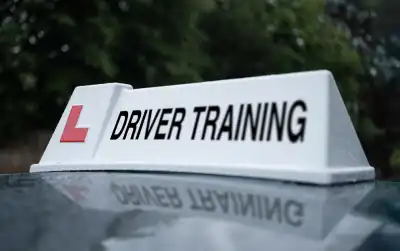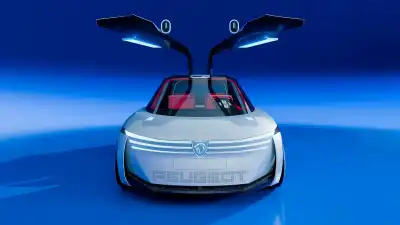
At a time when the government is in flux, you might think that taxation is one area that would remain constant.
However, despite recently announcing a significant revision of benefit in kind (BIK) rates for company car drivers, HM Treasury has decided to abandon the recently published BIK rates for 2020 and beyond, and encourage more drivers to make the move to pure electric cars.
This follows a review of the effects of the Worldwide Harmonised Light Vehicle Test Procedure (WLTP) introduced in September last year, which looked set to increase taxation rates significantly.
Amongst other changes, the key point is that company car drivers with electric vehicles (EVs) will pay no company car tax in 2020/21 and will see an increase to 1% in 2021/22 before a second increase to just 2% in 2022/23. That means a company driver using a Kia e-Niro, for example, will face a total tax bill over three years of less than £220, at the 20% income tax rate.
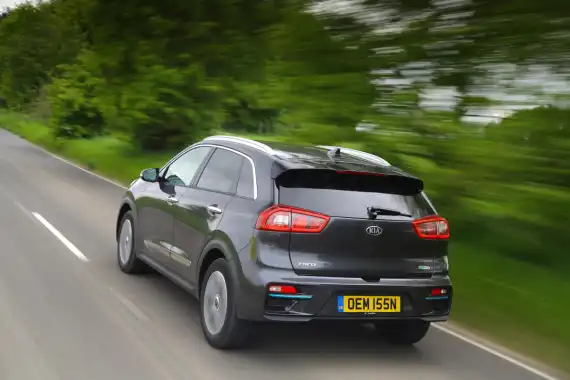
This replaces the previously announced changes that would have seen EV drivers billed for company car tax at an already reduced rate of 2%.
The new zero-rate will also apply to vehicles registered from 6 April 2020, as long as emissions are at 50g/km or below, and there’s a pure-electric range of 130 miles or more. Currently, no hybrid car on sale meets those criteria, but it’s a relatively easy (if costly) process to introduce such a car to the market.
However, while this is good news for EV drivers, the Treasury has complicated matters by introducing two BIK tables, one for vehicles registered from 6 April 2020, and one for vehicles registered before that date.
Apart from zero-emission models, the tax treatment for cars registered before 6 April 2020 will not change during 2020-21, with the published rates remaining in place. These rates will then be frozen for the next two years, until 2023.
Until that time, new cars registered from 6 April 2020 will benefit from a slightly reduced rate, with a BIK burden of 2% below the same cars registered before that date. These rates will then rise by 1% for the following two years until the BIK tables become aligned for the 2023/24 tax year.
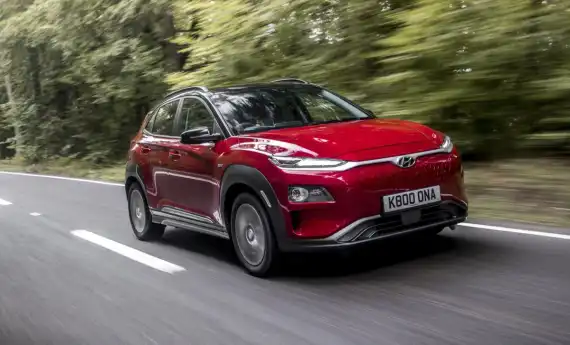
The current 4% increase for diesel-powered vehicles, up to a maximum of 37%, remains. Diesel-hybrid models are considered as alternative fuel vehicles, so are not affected by the uplift.
These changes have come about following the instruction of the WLTP programme to more realistically measure economy and emissions. Evidence provided by the manufacturers suggested that more than 50% of cars will see the headline CO2 emissions figure increase by between 10% and 20%, with some models seeing increases beyond 30%. This, in turn, would have led to significant increases in company car taxation, even though the vehicles remain the same.
By adjusting the BIK burden down for cars registered from 6 April 2020 and beyond, users won’t be penalised for the changes in methodology that produces the official CO2 and mpg figures.
The Government explained that “by providing clarity of future the appropriate percentages, businesses will have the ability to make more informed decisions about how they make the transition to zero emission fleets.”
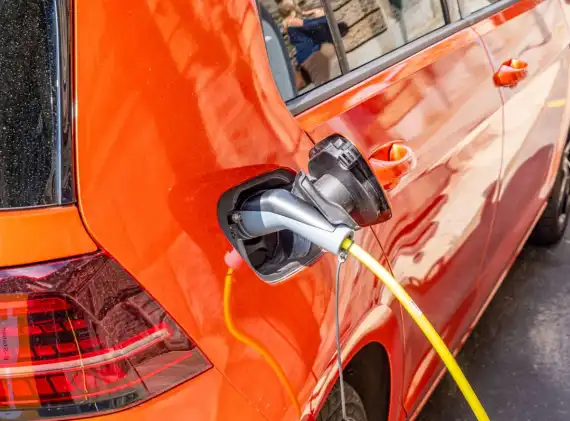
While that clarity extends to 5 April 2023, there are currently no defined BIK rates for the 2023/24 financial year and beyond.
“Appropriate percentages beyond 2022-23 remain under review and will be announced at future fiscal events,” continued the government’s response. “The government aims to announce appropriate percentages at least two years ahead of implementation to provide certainty for employers, employees and fleet operators.”
Private motorists may feel they are missing out, as there are no plans to change Vehicle Excise Duty, more commonly known as road tax.

